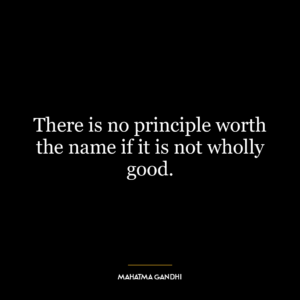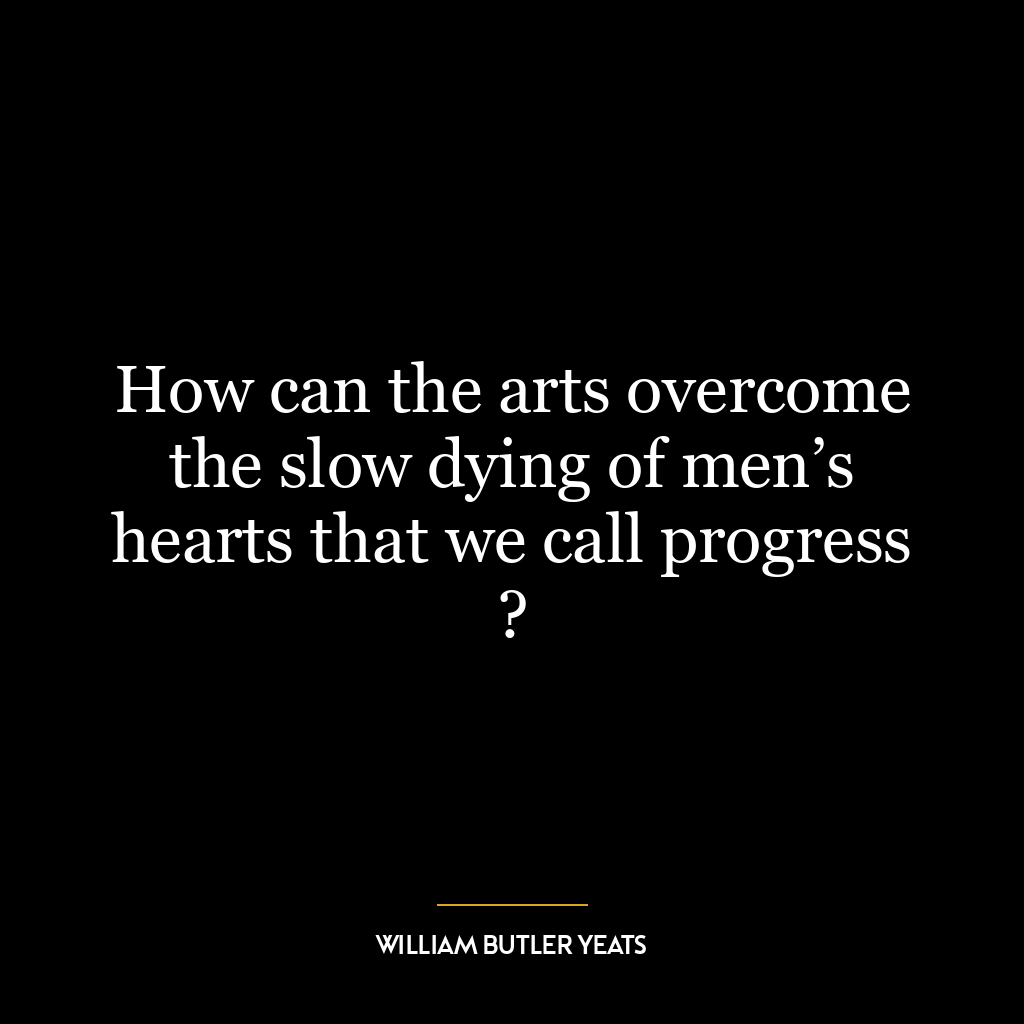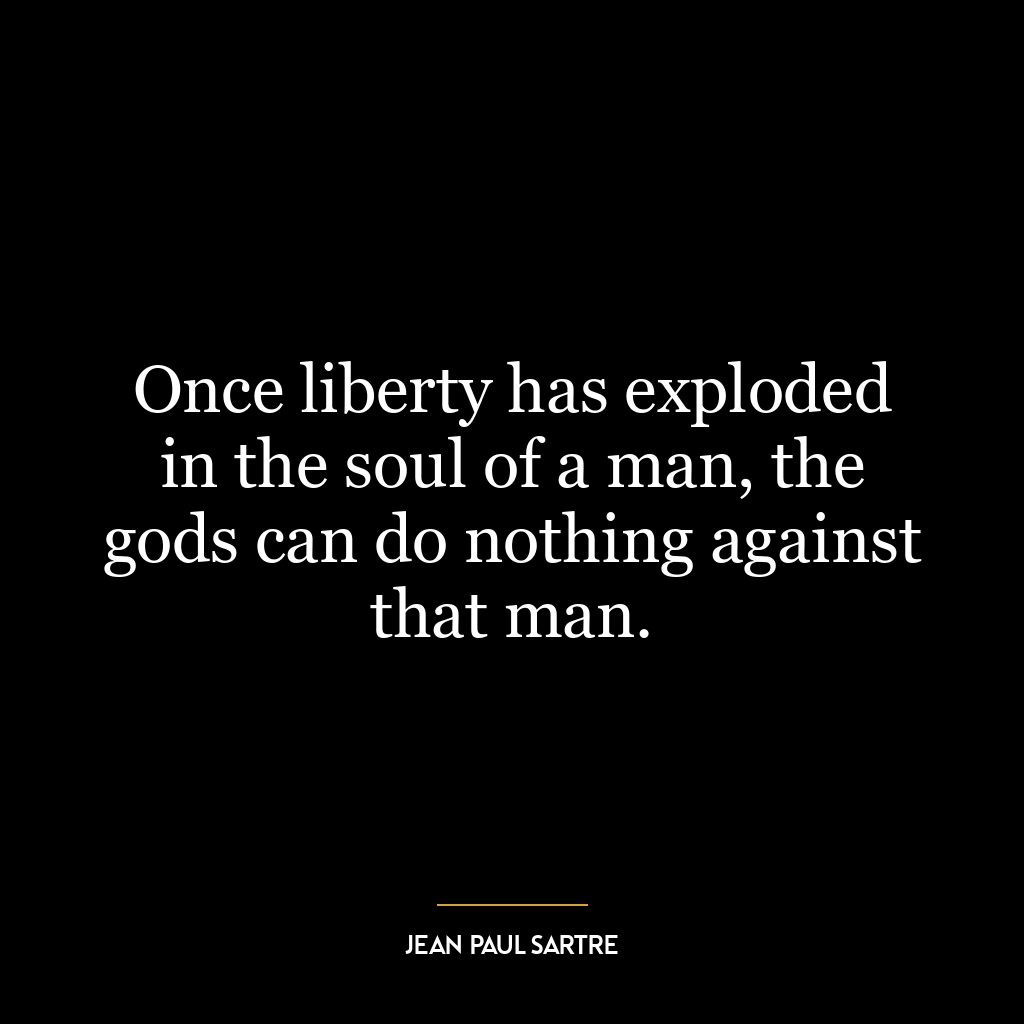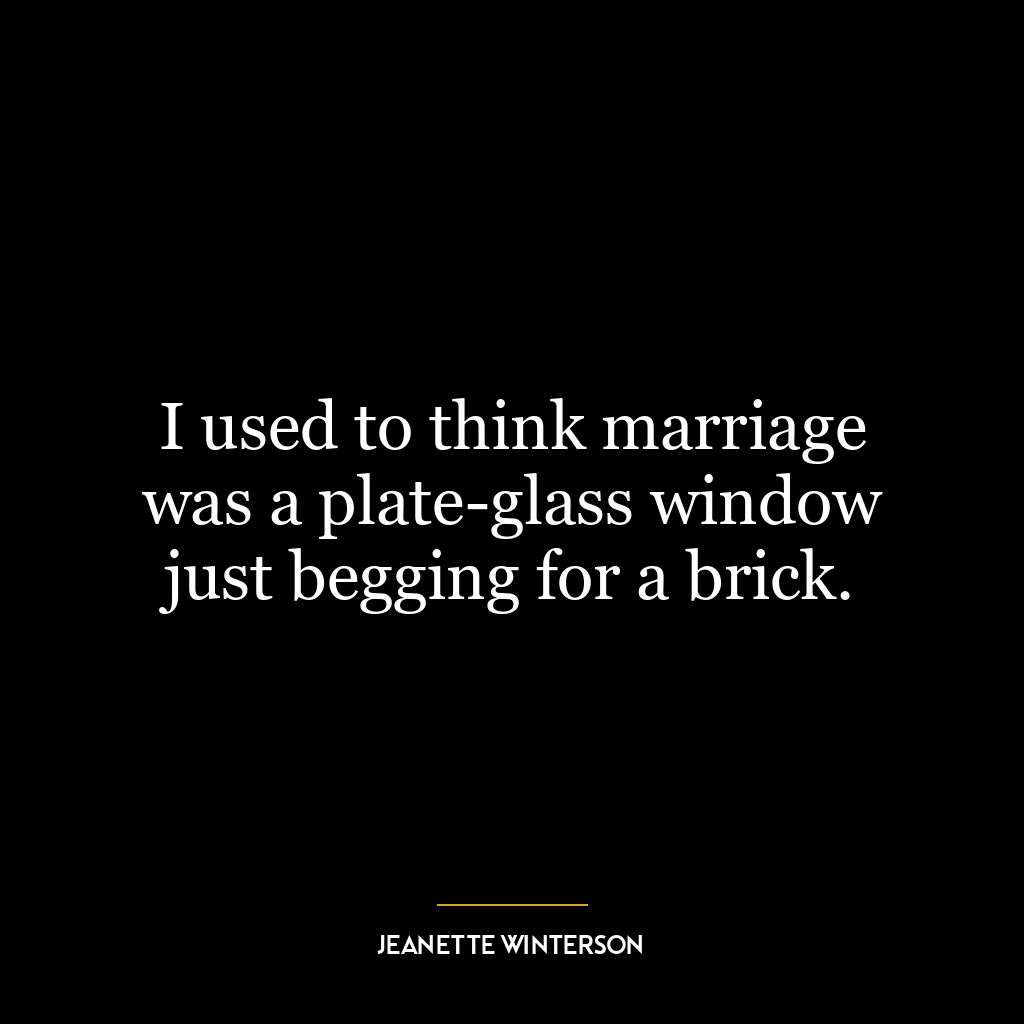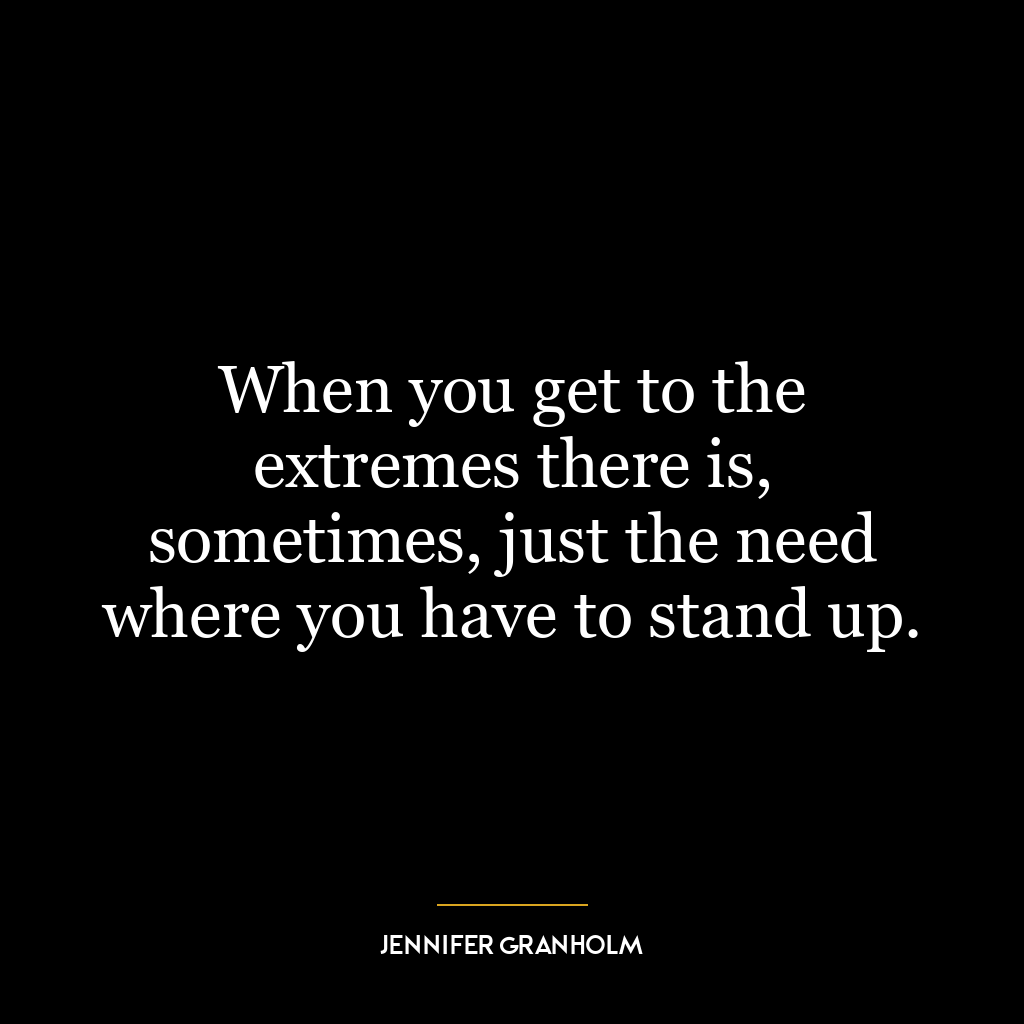The power of nonviolent resistance can only come from honest working of the constructive programme.
This quote is a powerful assertion about the strength of nonviolent resistance, suggesting that it can only be truly effective when it arises from sincere and dedicated efforts towards constructive change. It implies that nonviolence isn’t just about refusing to engage in physical conflict; it’s also about actively working towards creating a better, more equitable society.
The “constructive program” Gandhi refers to involves steps taken to build up something positive, not just tearing down what’s wrong. It means creating solutions instead of simply protesting problems. This could include things like education initiatives, community development projects or policies aimed at reducing inequality.
In this sense, the power of nonviolent resistance lies not just in its ability to prevent harm or destruction but also in its capacity for fostering growth and progress. Nonviolence becomes a tool for transformation – changing society through peaceful means rather than through force or coercion.
Applying this idea to today’s world might involve looking at how we approach social change. Are we simply resisting what we perceive as wrong or are we also working constructively towards what we believe is right? For instance, if one is passionate about climate change issues, instead of only protesting against corporations polluting the environment (resistance), they could also work on promoting and implementing sustainable practices (constructive program).
On an individual level in terms of personal development, this quote suggests that growth comes from not merely avoiding negative behaviors but actively cultivating positive ones. If you want to become more patient for example, don’t just resist impatience when it arises; practice patience deliberately by putting yourself in situations where patience is needed and consciously choosing patient responses.
Overall then, Gandhi’s quote suggests that true power lies not merely in standing against injustice but equally importantly in building justice – not merely in resisting what harms us but also constructing what helps us grow as individuals and societies.




